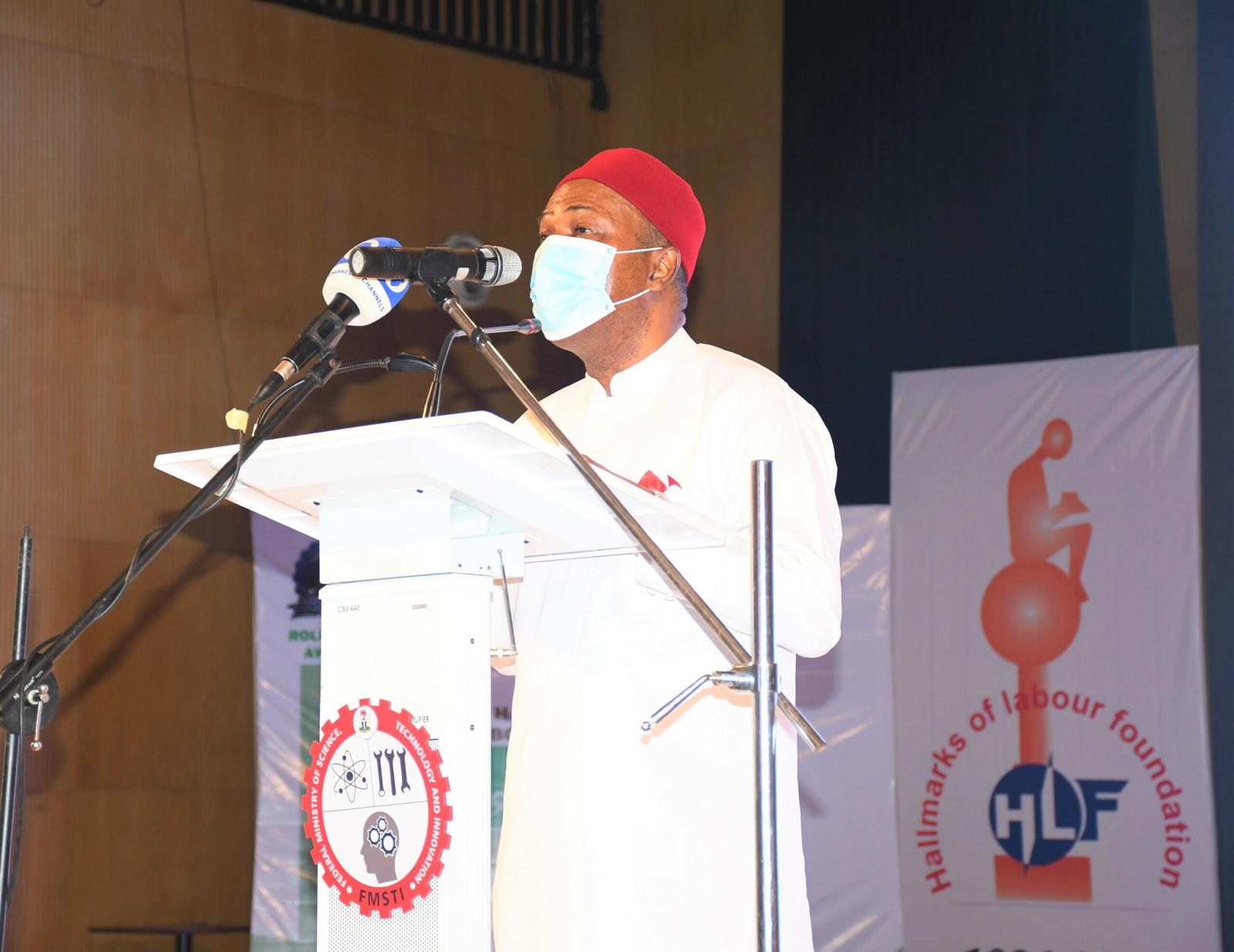Examining Ethical Choices In Nigeria Through The Lens Of The Kite Runner

Table of Contents
Parallels in Cultural Values: Loyalty, Friendship, and Family in Nigerian Society and The Kite Runner
Loyalty, friendship, and family are cornerstones of both Afghan and Nigerian cultures. The strength of these bonds often dictates ethical choices and heavily influences individual actions. In The Kite Runner, Amir's relationship with Hassan, his loyal friend, and his strained relationship with his father, Baba, exemplify the profound impact of family expectations and the complexities of loyalty. Baba’s unwavering demand for honor and his patriarchal influence significantly shape Amir's choices.
-
Examples from The Kite Runner: Amir's betrayal of Hassan stems from his desire for his father's approval, highlighting the immense pressure of familial expectations. Baba’s own loyalty to his past and his rigid adherence to traditional Afghan masculinity also plays a key role.
-
Corresponding Examples from Nigerian Society: In Nigerian society, strong family ties often dictate life choices, including career paths, marriage, and even political affiliations. The concept of "Umunna" (extended family) in Igbo culture, or the importance of lineage in Yoruba culture, underscores the enduring power of familial obligations and the weight of collective responsibility. The expectation of loyalty within family and community structures often overshadows individual desires. Similarly, friendship networks (“aso ebi”) play a vital role in social and economic life.
These cultural similarities create a fertile ground for understanding the moral complexities present in both cultures. The keywords "Nigerian culture," "Afghan culture," "family values Nigeria," "friendship Nigeria," and "loyalty Nigeria" encapsulate this shared human experience that transcends geographical boundaries.
Exploring Betrayal and Redemption: Case Studies from Nigeria and The Kite Runner's Narrative
Betrayal, a central theme in The Kite Runner, takes on different forms and carries varying consequences in different cultural contexts. Amir's betrayal of Hassan is a profound act, forever shaping his life and leaving an enduring scar. However, the path to redemption, also a key element in the novel, is complex and not always straightforward.
-
Betrayal in Nigeria: Nigerian history is replete with examples of betrayal, from political betrayals and corruption to personal betrayals within communities and families. The impact of corruption on the nation, often involving broken trust at various levels, directly mirrors the betrayal witnessed in The Kite Runner.
-
Comparing Amir's Betrayal: Amir's silence in the face of Hassan's suffering mirrors the silence that often surrounds injustice and corruption in Nigeria. This silence, born out of fear, self-preservation, or societal pressure, represents a form of betrayal of a community’s values.
-
Redemption in both contexts: The Kite Runner suggests that redemption is possible, even after profound acts of betrayal. However, the path is arduous, demanding honesty, self-reflection, and a willingness to make amends. Similarly, in Nigeria, instances of individuals working towards redemption, often through acts of social justice and anti-corruption initiatives, illustrate the possibility of atonement. Keywords such as "betrayal Nigeria," "redemption Nigeria," "social injustice Nigeria," "corruption Nigeria," "The Kite Runner betrayal," and "The Kite Runner redemption" highlight the shared struggles and pathways to reconciliation.
The Impact of Societal Pressures on Ethical Decision-Making in Nigeria and Afghanistan
Both Afghanistan and Nigeria are societies grappling with complex societal pressures that significantly impact ethical decision-making. Poverty, religious beliefs, tribalism, and political instability create environments where survival often trumps abstract moral principles. In The Kite Runner, the backdrop of war and poverty profoundly influences the characters' actions and choices.
-
Societal Pressures in Nigeria: Poverty in Nigeria can force individuals into difficult ethical dilemmas, leading to compromises in moral values for economic survival. Religious and tribal affiliations also play significant roles in shaping ethical perspectives and influencing decision-making processes.
-
Comparing Pressures: The societal pressures faced by characters in The Kite Runner resonate with the realities of many Nigerians. The novel portrays how societal structures and expectations can lead to seemingly impossible choices. The keywords "societal pressure Nigeria," "ethical decision making Nigeria," "poverty Nigeria," "religious influence Nigeria," "The Kite Runner society," and "Afghan society" capture the intersection of these societal factors on moral choices.
Applying the Lessons of The Kite Runner to Promote Ethical Conduct in Nigeria
The Kite Runner, with its exploration of profound moral dilemmas, provides a powerful teaching tool to promote ethical conduct in Nigeria. The novel can spark crucial discussions about moral responsibility and accountability within various spheres of society.
-
Using the Narrative for Ethical Education: The story can be used in classrooms and community settings to initiate dialogues about the consequences of choices, the importance of empathy, and the complexities of redemption.
-
Practical Applications: The themes of betrayal, redemption, and societal pressures can be applied to specific areas in Nigeria, such as promoting good governance, strengthening business ethics, and fostering a culture of accountability. Keywords such as "ethical conduct Nigeria," "moral responsibility Nigeria," "accountability Nigeria," "The Kite Runner lessons," and "ethical education Nigeria" emphasize the practical implications of this literary analysis.
Conclusion: The Enduring Relevance of Ethical Choices in Nigeria and the Power of The Kite Runner
This article has explored the striking parallels and divergences in ethical decision-making processes as illustrated through the lens of The Kite Runner and the Nigerian context. From the importance of family and loyalty to the complex realities of betrayal and redemption, the novel’s exploration of these themes provides valuable insights into navigating difficult moral choices. The power of literature to foster self-reflection and promote ethical awareness cannot be overstated.
We urge readers to engage with The Kite Runner and reflect on its relevance to their own lives and the ethical challenges facing Nigeria. By exploring the book’s themes in discussion groups, classrooms, or personal reflection, we can collectively work towards a more ethical and just society. Further reading on Nigerian history, ethics, and social issues, along with continued discussions on the ethical dilemmas facing Nigeria, will deepen our understanding and empower us to work towards positive change. Let's continue the conversation on "ethical dilemmas Nigeria," "moral choices Nigeria," and the enduring relevance of "The Kite Runner Nigeria" in shaping our future.

Featured Posts
-
 Dusan Tadic Tarihe Gecerek Dalya Demeye Hazirlaniyor
May 20, 2025
Dusan Tadic Tarihe Gecerek Dalya Demeye Hazirlaniyor
May 20, 2025 -
 Aghatha Krysty Tewd Llhyat Bfdl Aldhkae Alastnaey Rwayt Jdydt
May 20, 2025
Aghatha Krysty Tewd Llhyat Bfdl Aldhkae Alastnaey Rwayt Jdydt
May 20, 2025 -
 Poznata Kci Sve O Gini Marii Schumacher
May 20, 2025
Poznata Kci Sve O Gini Marii Schumacher
May 20, 2025 -
 Rtl Groups Streaming Business Progress Towards Profitability
May 20, 2025
Rtl Groups Streaming Business Progress Towards Profitability
May 20, 2025 -
 Ieadt Ihyae Aghatha Krysty Ebr Aldhkae Alastnaey Imkanyat Wthdyat
May 20, 2025
Ieadt Ihyae Aghatha Krysty Ebr Aldhkae Alastnaey Imkanyat Wthdyat
May 20, 2025
